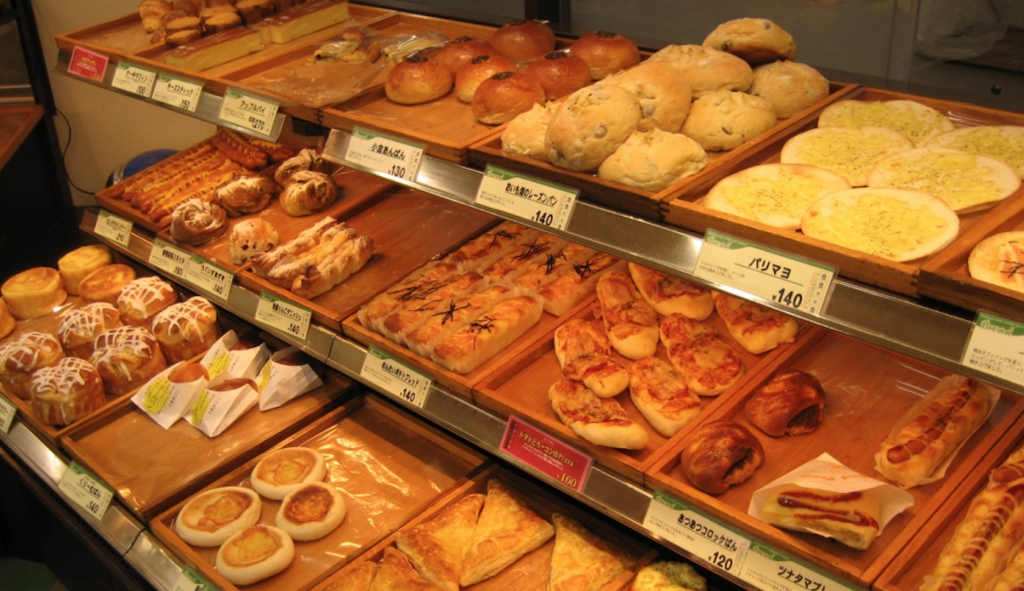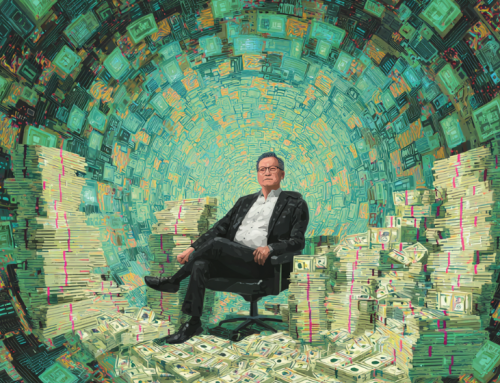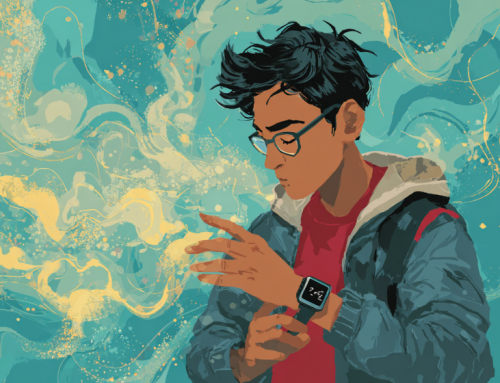
Japanese pastries and breads often look similar. The app distinguished between dozens of varieties. (Source: Flickr/Gilgongo)
Scanning Tech Leads to Way to Pinpoint Cancer Cells for Researchers
Necessity, as the quote goes, is the mother of invention. In the case of a Japanese neural net inventor, the need for better image scanning technology led to demand for his AI app that identifies pastries to evolve into a much broader product.
A recent New Yorker story told how a Japanese neural net inventor evolved AI technology from simple tasks–like preventing loom factories from making mistakes–to the ability to identify cancer early. Along the way, his company, called BRAIN, had created an app to identify pastries for Japanese bakeries so they could carry more items and check them out efficiently. BakeryScan, which costs about $20,000, is used all over the world.
The technology, called AI-Scan, makes it possible to do many other things, from identifying the number of people in an eighteenth-century ukiyo-e woodblock print to automatically detecting incorrectly wired bolts in jet-engine parts. And though other companies have developed deep learning programming that’s similar, it’s still not as advanced, according to The New Yorker article.
“These days, it is unusual to develop A.I. in the way that brain developed BakeryScan. The approach requires a mastery of fine details; it is in spirit artisanal. It takes years, during which parameters must be tuned and special cases accounted for. Deep learning relieves you from having to understand how the seasons affect the shadows in a doughnut hole; you merely plug in enough examples and the network figures it out.”
A call from a doctor at the Louis Pasteur Center for Medical Research in Kyoto, who saw a television segment about the BakeryScan. led to developing the program for a whole new realm when the cancer researcher realized that magnified cancer cells look a lot like bread.
The cancer-cell detector is now called Cyto-Aiscan and is being tested in two major hospitals in Kobe and Kyoto.
“It had become capable of “whole-slide” analysis: instead of analyzing a cell at a time, it could look at an entire microscope slide and identify the cells that might be cancerous.”
From finding a pastry to finding someone’s cancer cells, the new tech portends a new world in the not-so-distant future.
read more at newyorker.com







Leave A Comment